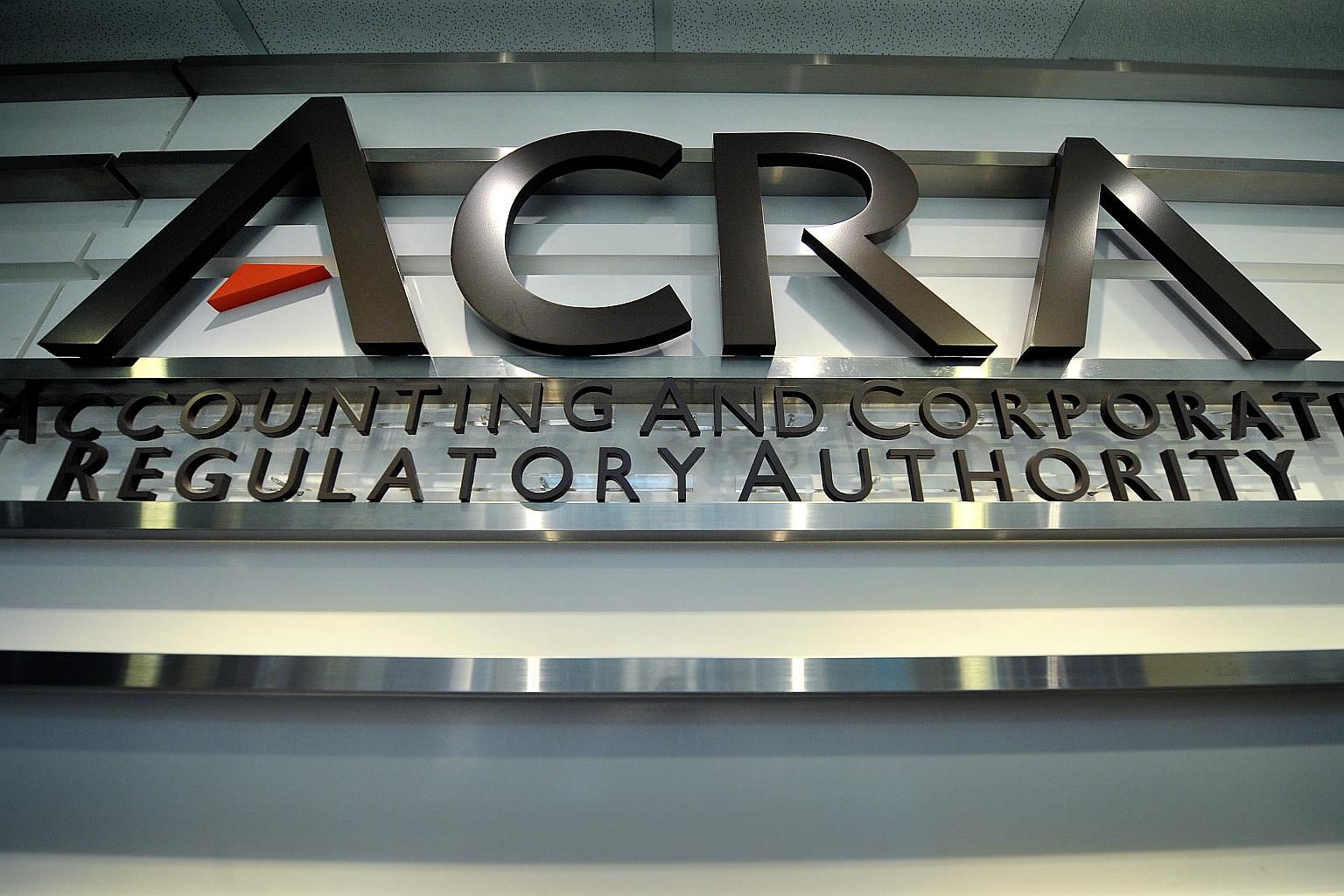Businesses in Singapore need to comply with strict rules laid down by the Accounting and Corporate Regulatory Authority (ACRA). In recent years, these rules have been extensively modified and extended. To start or expand your business in Singapore, you will need to work through numerous requirement and steps to ensure you start operating in accordance to the rules set out by ACRA and other regulators. There are many elements that have to fall in place such as managing new operations, compliance issues before your business run on track.
Corporate Secretarial
To start or expand your business in Singapore, you will need to work through numerous requirement and steps to ensure you start operating in accordance to the rules set out by ACRA and other regulators. There are many elements that have to fall in place such as managing new operations, compliance issues before your business run on track.
Nominee Director
All companies in Singapore must have at least one director who is locally resident in Singapore. Being the local director, he must be either a Singapore Citizen, Singapore Permanent Resident, an EntrePass holder or an Employment Pass holder issued with such work pass in the company concerned and having a local residential address.
Extensible Business Reporting Language (XBRL)
XBRL stands for eXtensible Business Reporting Language, a language for the electronic communication of business and financial data worldwide.
Work Pass
If you are a foreigner who will relocate to Singapore for employment, setting up of business, undergoing training or short term professional assignments, we are here to help you in applying the employment pass (EP).
Striking Off
If your company is inactive and you do not wish to continue incurring costs to maintain the company, the best way is to close down the company. Striking off is the easiest way to close down the Company. Most of the companies would opt for striking off as it is cheaper compares to liquidation.
Liquidation
A company may decide to wind up its affairs voluntarily if the directors believe that the company is solvent where it is able to pay its debts, in full, within 12 months after the commencement of the winding up. A liquidator, or provisional liquidator will be appointed by the company to wind up its affairs and file the necessary notifications required under the Companies Act.










